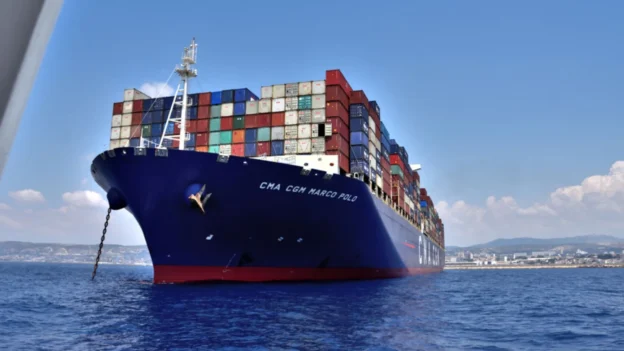Eni, Fincantieri and RINA, three energy, shipbuilding and consulting giants, have teamed up to launch a decarbonization study : Sustainable Maritime Transport Outlook, which seeks to offer viable solutions to achieve the Net Zero goal by 2050.
The study, developed with technical support from Bain & Company, proposes a clear roadmap to reduce CO₂ emissions from shipping, which currently accounts for approximately 3% of global emissions . The shipping industry, in collaboration with authorities and experts, is committed to adopting cleaner technologies and fuels to achieve carbon neutrality in the coming decades.
The keys to greener maritime transport
One of the study’s main recommendations is the use of biofuels such as HVO (hydrogenated vegetable oil) and FAME (fatty acid methyl ester), which are already available without major infrastructure modifications. Furthermore, liquefied natural gas (LNG) is emerging as a short-term transition solution, although significant investments in port infrastructure are required.
The study also highlights the need to transform maritime supply chains and port infrastructure to adapt to new sustainable fuels . It is estimated that achieving Net Zero by 2050 will require multi-million-dollar investments, especially in the modernization of European ports, estimated at around €24 billion.
A decarbonization study that will change maritime transport
This comprehensive approach considers energy sources as well as the economic impact on shipowners and global logistics chains. Proposed solutions include a gradual transition to bioLNG and biomethanol , as well as the adoption of synthetic fuels derived from green hydrogen in specific applications.
In the coming years, biofuels will remain the primary option for the merchant shipping industry, so as technology and infrastructure improve, LNG and other renewable fuels can play a crucial role in the transition to cleaner and more efficient shipping. Therefore, the study underscores the urgent need for investors and port authorities to collaborate to ensure the maritime sector meets the sustainability goals set for 2050.
Follow us on social media and don’t miss any of our posts!
YouTube LinkedIn Facebook Instagram X (Twitter) TikTok
Source: Fincantieri
Photo: Shutterstock

